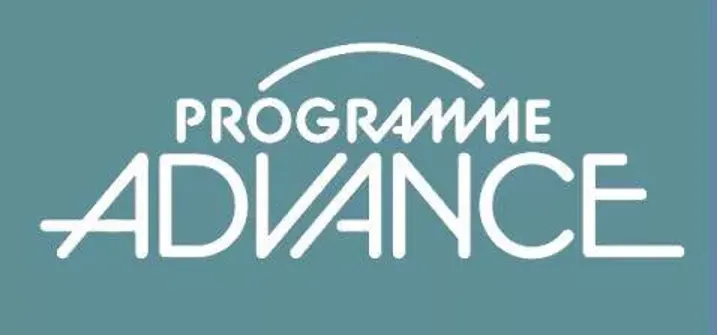ADVANCE-D
ADVANCE-D was developed (funded by the UK National Institute for Health Research) over six years to address the complex interplay between substance use and intimate partner abuse perpetration identified in our research and neglected in other perpetrator programmes.
Our research identified a complex interplay between substance use and intimate partner abuse perpetration in the context of intoxication, withdrawal, craving and acquiring substances. However, these were rarely the only explanation, as intimate partner abuse perpetration was linked with sexual jealousy, and with men’s perceptions of their partners’ behaving improperly and opposing male authority.
ADVANCE-D targets individual risks for intimate partner abuse, including substance use, poor emotional regulation, and poor stress-coping, and teaches men how to reduce these risks by promoting self-regulation (ability to alter a response or override a thought, feeling, or impulse) and personal goal setting. The programme relies on positive therapeutic alliance, well facilitated group processes and strengths-based change.
ADVANCE-D comprises 32 sessions, which can be delivered remotely, in-person or hybrid by two trained facilitators over 14 weeks. Blended delivery provides flexibility and opportunity for men to attend groups across geographical areas and languages.
ADVANCE-D includes an individual session to set goals, develop a personal safety plan and increase motivation; a preparatory group to prepare participants for taking part; six fortnightly groups, 12 self-completed website sessions guided by a digital coach to recap and practice skills learned in the online group sessions; and 12 coaching calls to account for best practice in terms of monitoring and managing risk and safety and increasing skills and knowledge.
Every two weeks during the ADVANCE-D Programme and after the goal setting session and the preparation group session, men complete five sessions – one group, two practice website sessions and two coaching sessions.
The ADVANCE-D Prgramme and its evaluation are described in more detail in the short film below:
Aims
We are currently conducting a study, known as a Cluster Randomised Control Trial, to see if ADVANCE-D is better and more cost effective than usual probation services at reducing domestic abuse perpetrated by men in the short (four months), medium (one year) and long term (two years).
Methods
32 areas in the UK will be allocated by chance to provide either ADVANCE-D (16 areas) or their usual services (16 areas) to men on probation or parole for domestic abuse. 450 men will be invited to take part in the study within two weeks of being mandated by court to a community sentence for domestic abuse.
All support will be provided by probation staff in England and Wales, and by criminal justice social workers in Scotland. Men and women will be interviewed separately by researchers at the start of the study, and four and 12 months later. Four and 12 months after men are allocated to ADVANCE-D or usual probation services, we will compare their use of domestic abuse. Men in both groups will also be asked about their substance use, health and service use.
We will also ask men's current or ex female partners about their own health and service use, and about any domestic abuse from their partner. We will get consent to check participants' health and domestic abuse status over the long term. This will be done by tracking these men and women in health, social services, police and criminal justice data two years after the study starts. This will allow us to work out what works best to reduce domestic abuse – ADVANCE-D or the usual support offered by probation.
Our Partners

Principal Investigators
Investigators
Affiliations
Project websites
Funding
Funding Body: NIHR
Amount: £3,278,330.32
Period: November 2023 - October 2027









